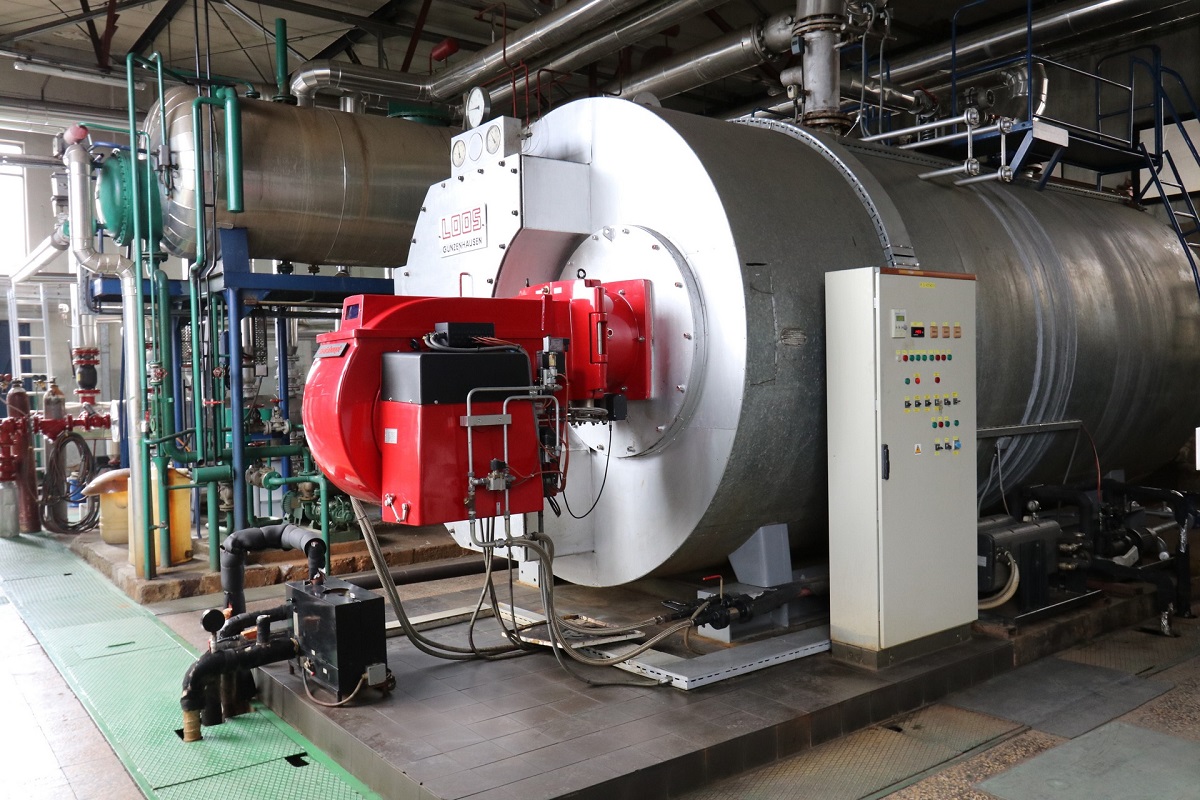
The renewal of the heating system of the City of Rijeka is an EU project worth HRK 112,270,986.39 where overall eligible costs amount to HRK 106,924,107.46, for which through the Rijeka Urban Agglomeration an EU grant was approved in the amount of HRK 83,893,707.80, which implementation by the end of 2023 will enable more favourable and environmentally friendly heating.
This project will completely regulate and modernise the company’s second core business – district heating with a complete renewal of the system without increasing costs payable by users or burdening the city budget. Significant savings in production and distribution are expected, more efficient production with lower energy consumption, which will contribute to reducing the price of central heating in Rijeka.
Renewal of existing and construction of new heat pipes
Project activities include the renewal of 7.9 km of the existing heat distribution network, the construction of 2.5 km of a new connecting heat distribution network and the renewal of four heating production plants.
On the systems covered by the project, by building a new connecting hot water distribution network, heat production will be concentrated in two central places, in the western and eastern part of the city, which will contribute to better rationalisation and reduced costs. This will be achieved by merging three district heating systems in the eastern part of the city into a single system (Gornja Vežica, Vojak and Donja Vežica) and three district heating systems in the western part of the city (Malonji, Zamet, Krnjevo) also into a single system. The Srdoči system will remain a separate heating system, due to the distance.
By implementing the project in Rijeka, 95% of the hot water distribution network will be renewed, where 26% or 3.8 km have already been renewed with the existing EBRD loan in the period 2015-2018, 16% of the new network was built as part of the University Campus project, while 53% or 7.9 km will be renewed by this project. The remaining 5% or 0.9 km of the network is in good condition without major losses and is scheduled for reconstruction in the next medium term. Finally, after reconstruction and optimisation with the construction of additional 2.5 km of connecting heat pipes, the planned length of the heat distribution network will be overall 17.4 km.
Reconstruction of the heating plants Gornja Vežica, Malonji, Zamet and Srdoči
The heating plants Gornja Vežica, Malonji, Zamet and Srdoči will be fully automated so that they can be remotely controlled and managed. The renewal will allow all heating plants in the system, some of which are currently open from 6 a.m. to 10 p.m., to switch to 24-hour operation.
Also, in the heating plants Gornja Vežica, Malonji and Srdoči, cogeneration plants will be installed for simultaneous production of heat and electricity and solar collectors for the production of heat from renewable sources. In order to optimise heat production and reduce costs in heating plants, heat storage tanks will be installed. They allow constant operation of cogeneration units during the day in order to produce energy in the optimal mode.
In the Zamet heating plant, the existing medium fuel oil boilers will be replaced by a modern condensing gas boiler room.
All heat production plants will switch to natural gas as the main energy source while retaining fuel oil as a reserve in exceptional cases if needed (in case of problems with gas supply, overhauls, etc.).
More environmentally friendly heating
The project will enable the production of more than 50% of heat energy from high-efficiency cogeneration and renewable energy sources according to the most rigorous applicable standards in EU directives on the systems covered by the project. Owing to this, the system is prepared for better integration of renewable energy sources in the future, all in accordance with the EU “green plan”. Environmental aspect – Significant reduction of CO2 emissions in the amount of 18% and removal of SO2 from production are envisaged.
Optimisation of production and lower heat distribution losses will result in improved system efficiency.
Renewal of the heating system was enabled by EU funds
The total length of the distribution network is currently 15.7 kilometres, and heating plants deliver an average of 50 million kWh per year to customers. More than 9,500 households and business premises are connected to the system.
Funds for realising this EU project were provided by the Ministry of Regional Development and EU Funds under the European Regional Development Fund, in accordance with the Operational Programme Competitiveness and Cohesion 2014-2020, through the Integrated Territorial Investment (ITI) mechanism within the Rijeka Urban Agglomeration.

